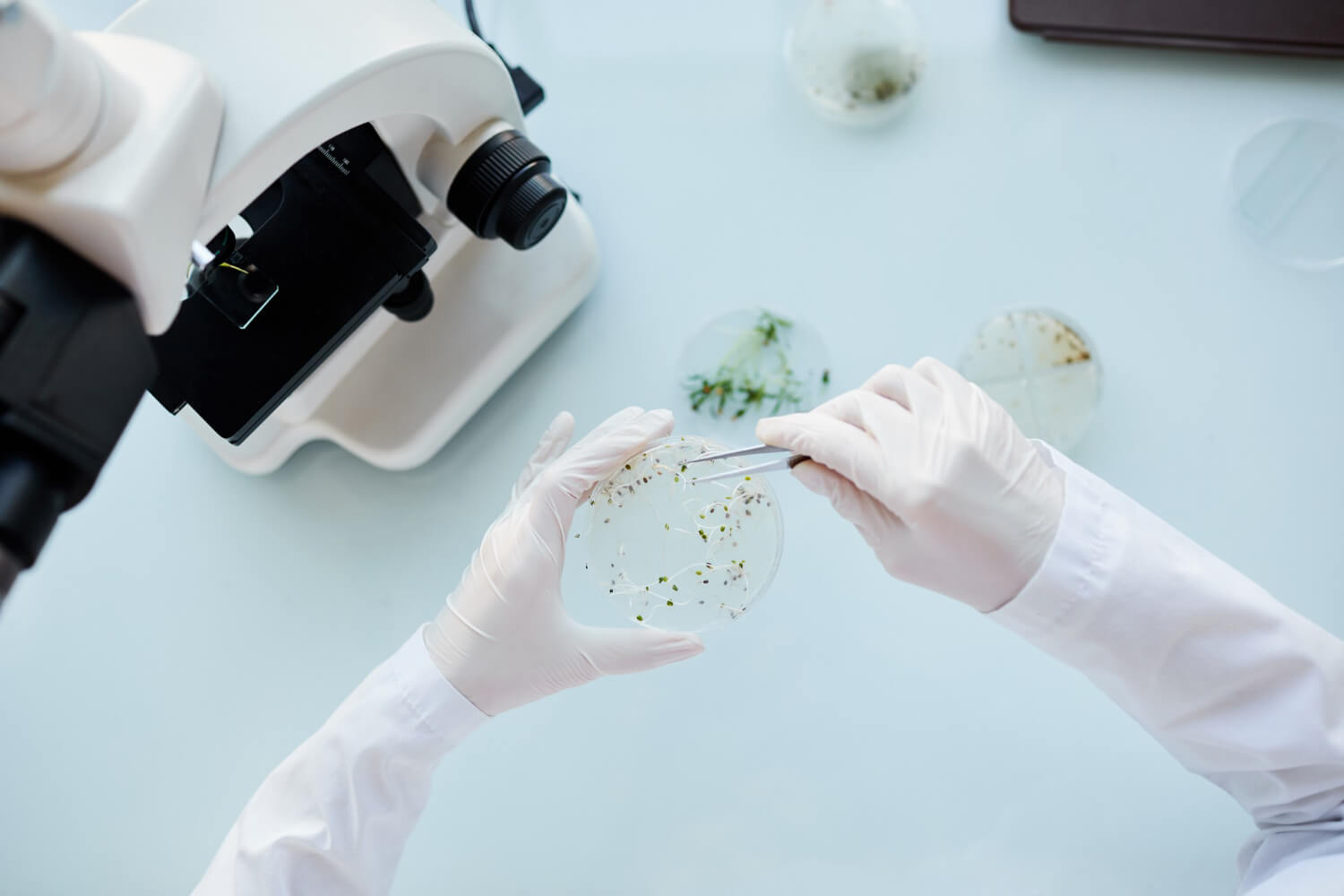In an effort to improve and modernize the medical cannabis program within Maine, regulators are advocating for change after a recent report revealed contaminants such as yeast, mold, and pesticides were present in tested samples. The Office of Cannabis Policy (OCP) in Maine shared its concerns regarding the lack of lab-testing standards for state-licensed medical marijuana products, which differs from adult-use cannabis regulations.
OCP Wants Equal Standards for Medical and Adult-Use Cannabis
The press release by OCP uncovered data that showed the detection of contaminants in some medical cannabis samples would have caused these products to fail if they had been subject to adult-use cannabis testing. The potential risk posed to patients has led OCP Director John Hudak to call for the implementation of uniform regulatory policies that apply to both medical and adult-use marijuana products. By doing so, the OCP aims to ensure that all cannabis consumers receive clean and safe options.
Unlike adult-use marijuana, medical cannabis in Maine is not currently required to undergo lab testing, leading cultivators and caregivers within the program to call for changes and assert that their products are safe.
Report Highlights Presence of Pesticides
Of particular concern was the presence of myclobutanil, a pesticide found in several tested samples, with eight exceeding acceptable thresholds. This highlights the need for a comprehensive solution that involves reform and modernization of Maine’s medical cannabis program, ensuring the protection of patients from potential harm by consuming tainted products.
Industry Experts Advocate for Testing Standards
Experts within the industry agree that incorporating standardized lab-testing requirements into Maine’s medical marijuana program is crucial to protecting patients. Many also argue that such standards should be implemented nationally, as contamination issues have been reported in other states like Michigan and California, where product recalls have occurred due to similar pesticide concerns.
Challenges of Lab-Testing Medical Cannabis
While there is widespread support for implementing testing requirements for medical marijuana, it comes with its own set of challenges. Due to federal prohibition on cannabis, standard procedures, equipment, and certifications used for other industries may not be readily available for marijuana-specific labs. Cooperation across jurisdictions and sharing best practices will be vital to address these obstacles to create a consistent testing environment that ensures patient safety.
Lab Infrastructure Boost Needed
To effectively implement mandatory testing on all medical cannabis products, improvements need to be made to existing lab infrastructure. A report by the Center for Disease Control and Prevention (CDC) noted that only 20 states currently provide laboratory services for cannabis testing, causing significant delays in product release in some areas. By widening access to required analysis and making necessary updates at local facilities, states can better identify contaminants and safeguard consumers’ health.
A Call for Federal Regulation
The concerns raised in Maine spark a broader conversation surrounding the need for federally-regulated cannabis quality control measures. As more states continue to pursue legalization efforts, many experts believe that working towards establishing nationwide guidelines for both adult use and medical marijuana would greatly benefit public health.
Calls for Uniform Quality Control Measures across States
Considering the variation in regulations between states, experts argue that uniform policies would protect consumers and create a more stable market. Implementing universal testing standards and health protocols would help ensure product safety, regardless of where individuals reside or purchase their cannabis products.
The recent concerns involving contaminants in Maine’s medical cannabis program serve as an urgent reminder that improved safety measures are needed for all consumers. Implementing mandatory lab-testing regulations, improvements to existing facilities, and nationwide policy harmonization can help address these safety concerns while promoting the responsible growth of the cannabis industry.





